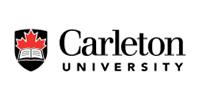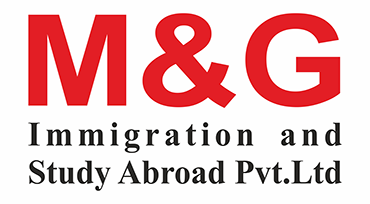Studying abroad has become an increasingly popular choice for students seeking to broaden their horizons and gain a world-class education. In recent years, many countries have recognized the value of international students as potential contributors to their economies and societies. As a result, immigration policies regarding work opportunities and permanent residency for international students have come under scrutiny. As one of the best Study Abroad consultants in Kerala, we will delve into the varying immigration policies, their impact on attracting and retaining international talent, and the potential economic implications for both host and home countries.
The Spectrum of Immigration Policies: From Open Doors to Tightened Restrictions
Countries around the world have adopted diverse approaches to immigration policies for international students. At one end of the spectrum are countries with open and welcoming policies, offering post-graduation work permits and pathways to permanent residency. These nations actively seek to retain foreign talent, recognizing that graduates bring fresh perspectives, skills, and innovation to their economies.
On the other hand, some countries have tightened their immigration rules, making it challenging for international students to stay after completing their studies. Limited work opportunities and stringent visa regulations can deter graduates from pursuing long-term careers in these countries, potentially leading to a “brain drain” effect. This brain drain can result in the loss of talented individuals who return to their home countries or seek opportunities elsewhere, taking with them the knowledge and skills they acquired during their studies.
Impact on Attracting and Retaining International Talent
Immigration policies play a crucial role in attracting and retaining international talent. Nations with favorable post-graduation policies often see a higher influx of foreign students, as prospective students consider the potential long-term benefits of studying in a country that offers pathways to permanent residency. When students feel welcome and supported, they are more likely to invest in their education and contribute to the host country’s society and economy.
Conversely, countries with restrictive policies may experience a decline in international student enrollment, affecting their competitiveness in the global education market. Additionally, they risk losing skilled graduates who could otherwise contribute to their workforce and help address skill shortages in key industries.
Economic Implications for Host and Home Countries
The impact of immigration policies on international graduates extends beyond the host country; it also affects the graduates’ home countries. In cases where graduates are welcomed into the workforce of their host country, they may send remittances back home, boosting the economy of their nation of origin. Furthermore, returning graduates may bring home valuable experiences and knowledge, contributing to their home country’s development.
However, if talented graduates are deterred from staying in the host country due to restrictive policies, the home country may miss out on their potential contributions altogether. This can hinder the development of certain industries and limit opportunities for knowledge transfer and collaboration between countries.
Striking a Balance: The Need for Comprehensive Policies
As countries continue to grapple with the challenges and opportunities presented by international students, finding a balance in immigration policies becomes imperative. Comprehensive policies that consider the potential economic and social contributions of international graduates can help create a win-win situation for all parties involved.
One possible approach is to implement post-graduation work permits that allow international graduates to gain valuable work experience before deciding on long-term settlements. This gives graduates a chance to prove their value to the host country’s workforce while still maintaining connections to their home country.
Moreover, fostering strong support networks for international students can help them feel more integrated into the host society, increasing the likelihood of retention and contribution to the host country’s economy.
Final Thoughts:
Immigration policies for international students play a pivotal role in shaping the educational landscape and the global workforce. Countries that adopt inclusive and forward-thinking policies stand to benefit from the diverse perspectives and talents that international graduates bring. Striking the right balance in these policies is essential for ensuring a brighter future of cross-border collaboration, economic growth, and mutual exchange of knowledge and innovation.























































































